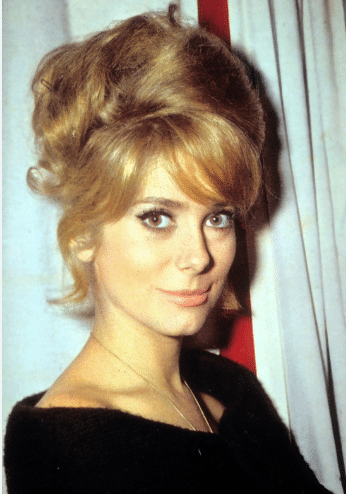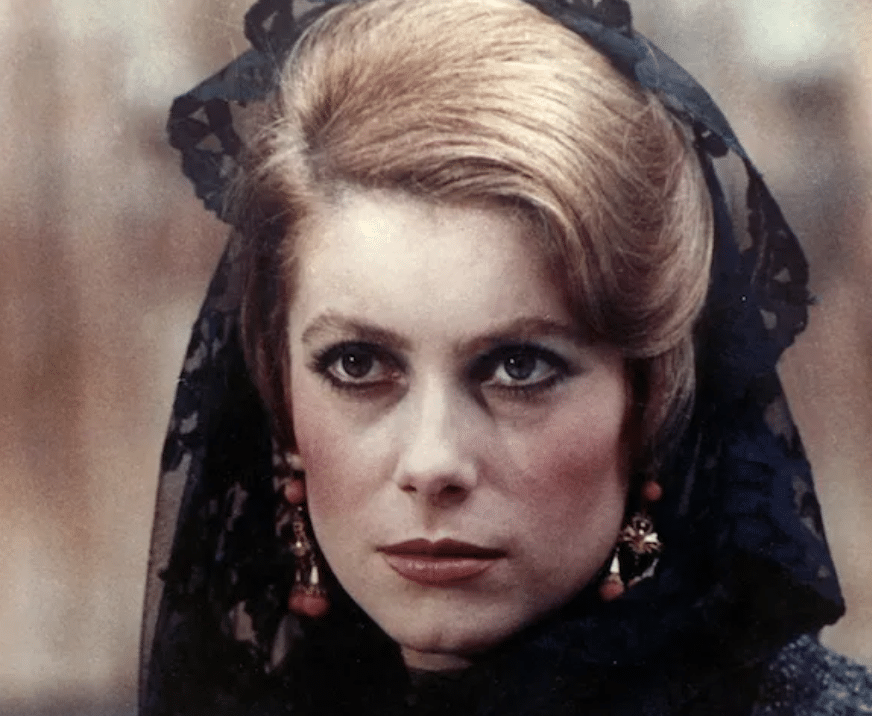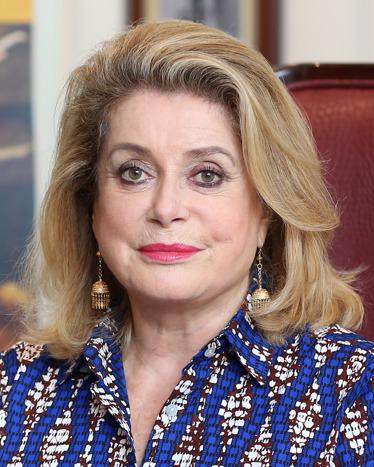
The Meaning Behind the ‘WC’ Sign: A Journey Through Bathroom Terminology
Have you ever noticed the letters WC outside a public restroom and wondered what they stand for? You’re not alone—people across the globe often puzzle over this cryptic abbreviation.
The Mystery of WC
Simply put, WC stands for water closet, a term historically used to describe a small room containing a toilet and sometimes a sink. While this might clarify the letters, it doesn’t exactly make the term feel more logical—similar to how “restroom,” “bathroom,” or “loo” can seem perplexing in their own right.
In 2020, a TikTok video featuring a couple named Shelby and Dylan hilariously highlighted the differences in bathroom terminology between Americans and Canadians. Walking past a sign reading washroom, Dylan quipped:
“What in the world is a washroom? And what are they washing in there? Oh, it’s a restroom. The only thing I wash in there is my hands.”
Shelby, off-camera, cheekily countered, “Do you rest in a restroom?”—to which Dylan admitted: “Good point. They both don’t make much sense.”
The video sparked a lively online debate about what to call the sacred space. Some commenters preferred “bathroom,” while others leaned toward “toilet,” “washroom,” or “restroom.”
One person humorously recounted a Disneyland visit where asking for the washroom led them to the laundromat. Another chimed in with, “Wait until he finds out about water closets.”
What Is a Water Closet?
According to Merriam-Webster, a water closet refers to “a compartment or room with a toilet” or “a toilet bowl and its accessories.”
Historically, the term reflects a time when specific rooms served distinct purposes. Bathrooms were for bathing, restrooms for resting or grooming, and the water closet for, well, using the toilet. As indoor plumbing became more common in the late 19th century, these spaces gradually merged into the modern bathroom we know today.
The water closet, however, often remained a separate, enclosed room in some homes and public spaces, particularly in Europe and international facilities. You’ll frequently spot the abbreviation WC in airports, hotels, or restaurants, catering to a globally diverse audience.
WC Across Cultures
Online forums like Reddit often dive into the quirks of global bathroom terminology. One post posed the question, Why is a public WC called a bathroom if there’s no bath?
A user responded:
“Americans might ask, ‘Why is it called a WC if it isn’t even a closet?’”
Others shared cultural takes:
- In Russian, it’s referred to as a room without windows, even if there’s a window.
- In Esperanto, it’s necesejo, meaning “necessary place.”
- Canadians frequently use washroom, which is also popular in parts of the U.S. Midwest.
Restroom vs. Bathroom vs. Washroom
The terminology debate continues, with many feeling washroom is the most logical since washing happens there. Meanwhile, terms like restroom or bathroom remain euphemisms.
One Redditor summed it up best:
“Best one, I think. You should be washing in there—not resting.”
What Do You Call It?
Whether you say WC, restroom, bathroom, toilet, or washroom, everyone has a favorite term. What’s yours? Share your thoughts, and don’t forget to spread this story to find out what others think!
One of the most legendary French actresses is now over 80, and you won’t believe how she looks today!

Born in Paris on October 22, 1943, Catherine Deneuve is a renowned figure in French cinema. It made sense for her to follow in her parents’ footsteps, given both of them are actors.
Her big break came when she played Geneviève Emery in The Umbrellas of Cherbourg in 1964, captivating viewers. She exhibited an amazing ability to strike a balance between strength and tenderness in this performance.

Over the course of her storied career, Deneuve has worked with renowned directors such as Luis Buñuel on Belle de Jour and Roman Polanski on Repulsion, where her portrayal of Séverine achieved legendary status.

Over her sixty-year career, she has won two César Awards for Best Actress: for Le Dernier Métro in 1980 and for Indochine in 1992, which won an Oscar for Best Foreign Language Film.

Deneuve is still making a name for herself in the movie business, even at her advanced age. Notable performances include The Truth (2019). She is well-known for her support of women’s rights and freedom of expression in addition to her acting career.



Leave a Reply